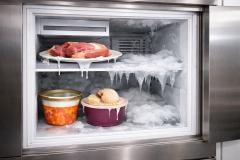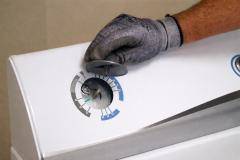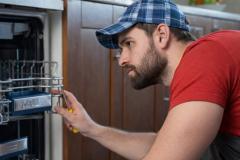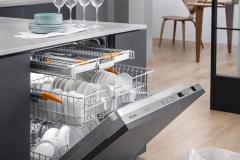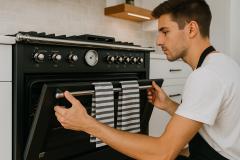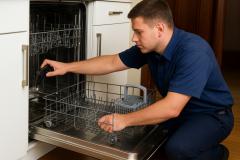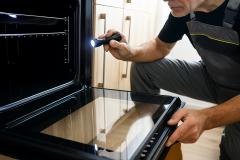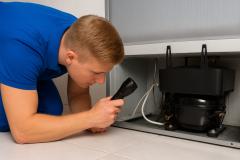Denver Metro Appliance Repairs From Experienced Professionals
Considering how fast-paced the modern world is, household appliances play an integral role in our daily lives. While it is impossible to imagine life without a washing machine, refrigerator, ice maker, or dishwasher, there is going to be a moment when they break. If an appliance breaks down, your daily routine can be ruined.
To make sure it is not going to be catastrophic for your schedule, just contact the professionals at Denver appliance repair service.
With the expertise and prompt help of High City Appliance, you will quickly get your appliances back in working order, ensuring minimal disruption to daily life throughout the Denver Metro Area.
High City Appliance proudly provides professional appliance repair services across the Denver Metro, including Denver, Aurora, Englewood, Littleton, Parker, and nearby cities. Our technicians arrive fully equipped to diagnose and repair most appliance issues on-site, helping you avoid unnecessary delays and delivering the best appliance service Denver homeowners expect.
In addition to residential services, High City Appliance also provides commercial appliance repair across the Denver Metro Area. We work with restaurants, cafes, offices, property managers, and other businesses, servicing commercial refrigerators, freezers, ice machines, ovens, ranges, and dishwashers.
Why Hire High City Appliance for Appliance Repair
It is never a good idea to try to fix the problem on your own. Only by hiring a home Denver Metro appliance repairman, you are going to save your household equipment from further damage and increased repair costs.
Our team understands the importance of having fully functional appliances in your home, which is why Denver homeowners trust High City Appliance as the best service company appliance repair Denver CO residents rely on for consistent results.
Here are a couple of good reasons why to enlist the services of High City Appliance:
Expertise and experience. Team specialists have more than 13 years of experience in this industry. They are certified technicians, who know exactly what and when to do, ensuring the repairment is going to be handled properly and most efficiently;
Licensed and insured service. High City Appliance is fully licensed and insured to provide appliance repair services throughout the Denver Metro Area, giving you confidence and peace of mind during every repair.
Wide Range of Services. No matter what kind of problem you have with your devices, the company covers all major repairs. Specialists can provide help in fixing the issue with your dryer, refrigerator, washer, ice maker, freezer, dishwasher, and vent hood;
Customer focus. The company understands that customers need not only to be able to receive assistance related to restoring the functionality of their devices but also to feel comfortable with the services provided. The work will be carried out with the highest quality from start to finish.
Same-Day Denver Metro Appliance Repair. In many cases, we offer same-day appliance and emergency repair across the Denver Metro Area when the issue does not require major part replacement.
Residential and Commercial Appliance Repair. High City Appliance provides both residential and commercial appliance repair services in the Denver Metro Area. Whether you need service for home appliances or commercial-grade equipment, our technicians have the experience and tools to handle the job efficiently and professionally.
These are some of the top reasons why to get help from professionals, instead of trying to do everything on your own.
When to Contact Appliance Repair Specialists in the Denver Metro Area
It is very important to contact the appliance repair and maintenance service near me as fast as possible because timing in this case is crucial. Ignoring early signs of appliance malfunction often leads to more serious damage, higher repair costs, and unexpected breakdowns that disrupt your daily routine.
There are several key indicators that show it is already time to contact professional Denver CO appliance repair specialists:
Modern tech is designed to work quietly. If you hear strange noises coming from your refrigerator, washer, or dryer, it might be a sign that something is going wrong;
If you see that your appliances are not that efficient anymore, it might be an indicator that something is going on with the performance. It requires a professional inspection to understand why it takes longer to dry clothes or wash the dishes;
Noticeable damage is also a strong indicator. It can be anything from cracks to leaks, which means you need professional attention for your devices. You should not ignore this factor, because it can lead to more severe problems and costly repairs;
In case of problems with gadgets, your energy bills can increase significantly. Pay attention to how much you pay for functioning appliances, because they might be faulty, even without noticeable visual changes;
It is recommended to schedule a routine check-up for your appliances to make sure nothing will go out at an unexpected moment. Take a moment to contact professionals and they will take your tech on diagnosis to prevent possible malfunctioning in the future. This is for sure going to extend the lifespan of your devices.
How To Use The Local Appliance Repair Service in Denver Metro Area?
It is fairly easy to use our repairing services in Denver Colorado, because the procedure requires only a few steps for you to make:
Identify, which device you have problems with;
Contact us through the website or by using a contact phone number. Provide more details surrounding the problem and give us your location;
We will offer you flexible scheduling to accommodate your busy lifestyle. Just choose a time that works best for you;
Our technicians will arrive at your location in the Denver Metro Area to conduct a thorough inspection of the tech and diagnose the issue. The pricing is going to be provided upfront, before any interaction with your devices;
Once you greenlight the repair, the technician will proceed with the necessary fixes. We ensure all appliances repairs are done promptly and professionally;
After the repair, the technician will test the appliance to make sure everything operates as it should. We will also provide advice on how to maintain the appliance to prevent future issues.
This is everything you need to do to have our Denver appliance repairman service your appliances. After doing so, you can go back to your regular routine as we will contact you once your malfunctioning device is finally operating properly.
Best Denver CO Appliance Repair Service - High City Appliance
Do not let a malfunctioning unit ruin your life. Contact our professionals right now and experience the best-in-class Denver appliance repair service. Whether you need routine maintenance, commercial appliance service, or emergency appliance repair in Denver, Colorado, High City Appliance delivers dependable results as the best appliance repair company Denver homeowners and businesses trust. We are doing everything in our power to keep your home or business safe, comfortable, and fully functional for everyday tasks.

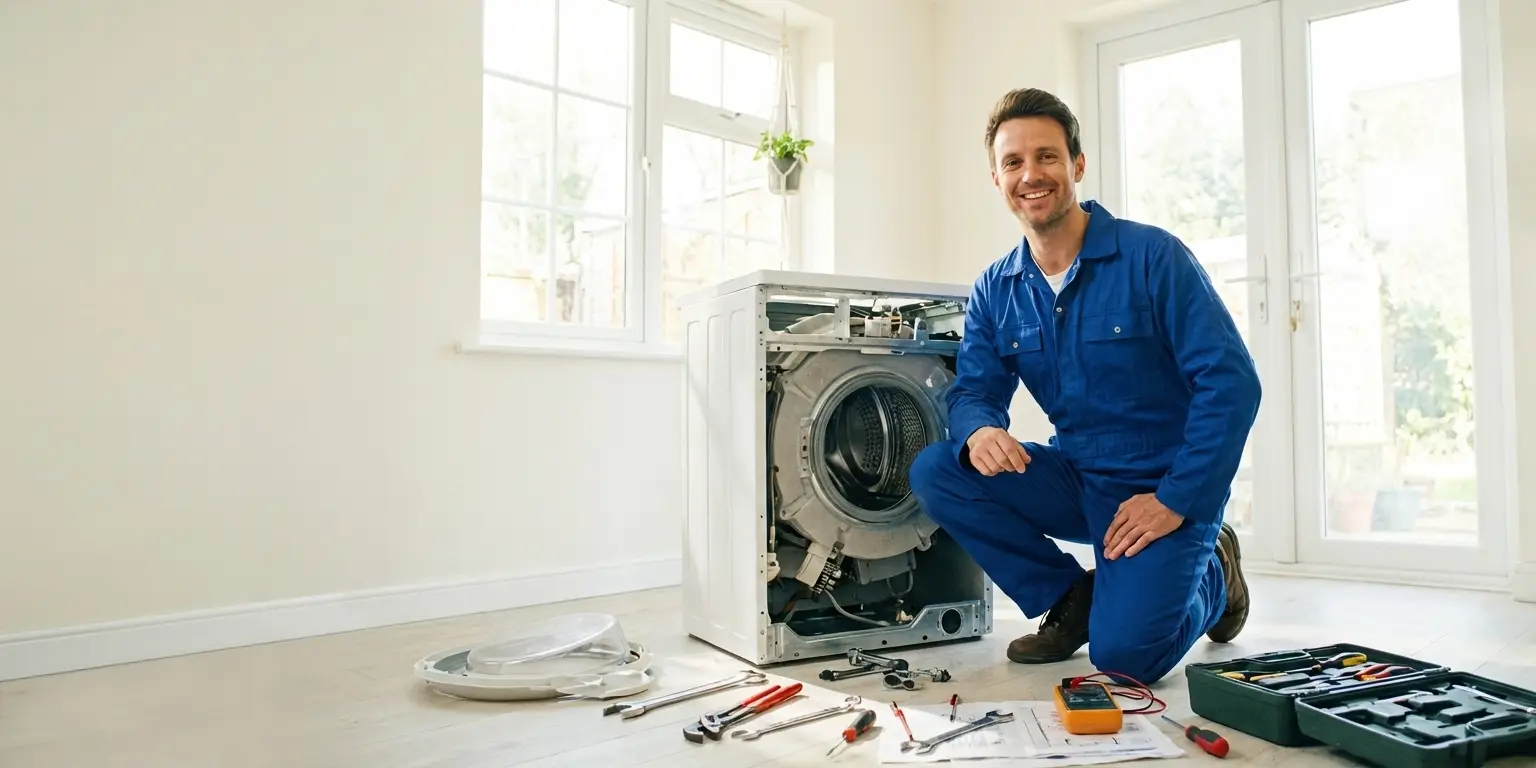




 Call
Call








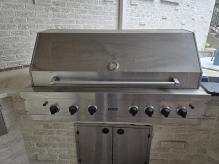
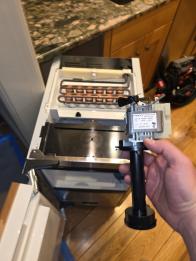
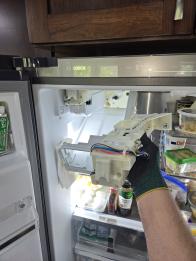
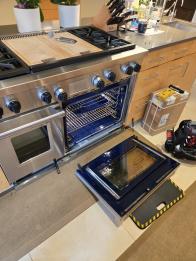

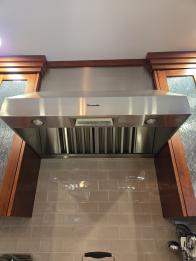
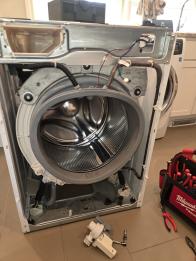
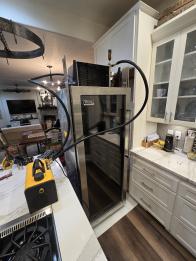

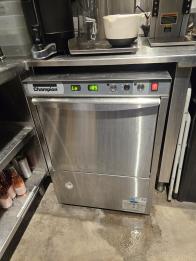
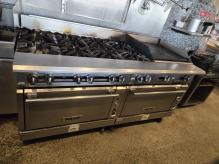
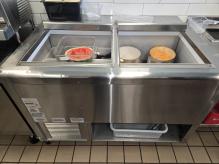
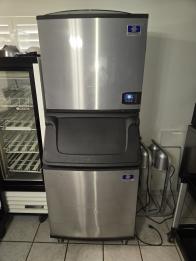
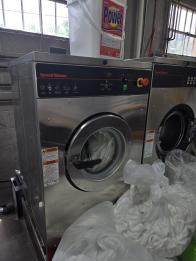
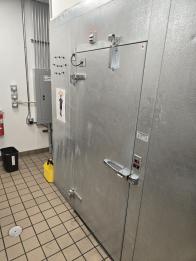
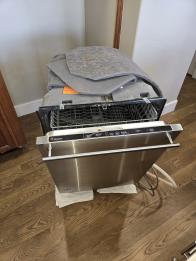
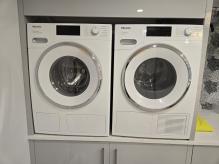
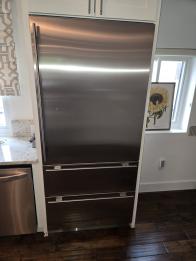
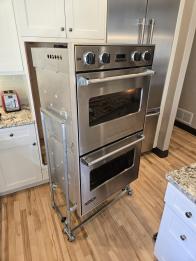
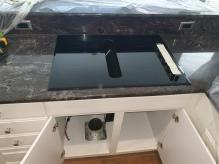
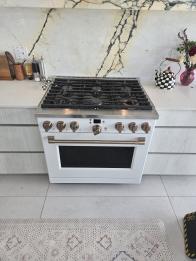
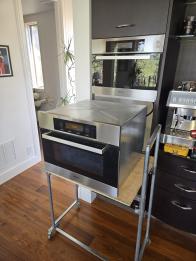
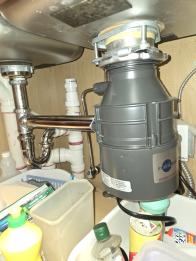
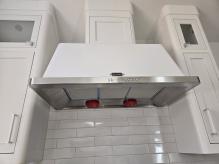




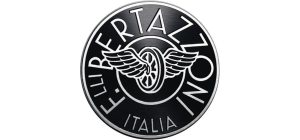












































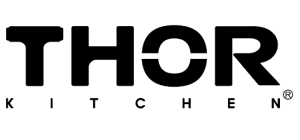

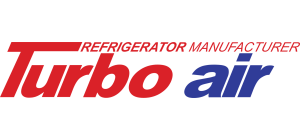








 View All Brands
View All Brands






























